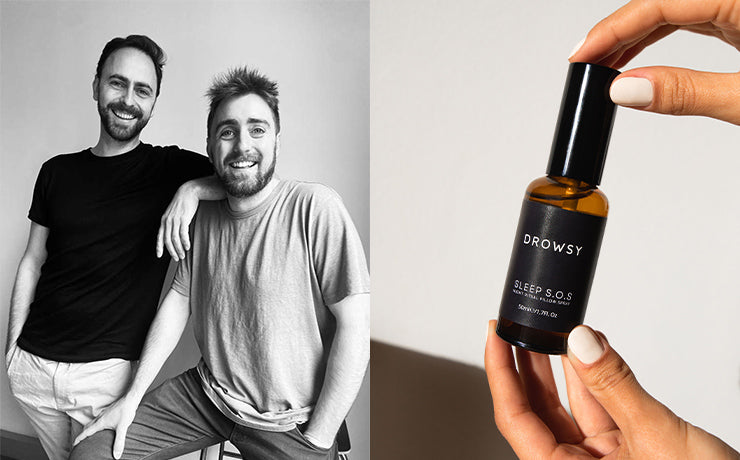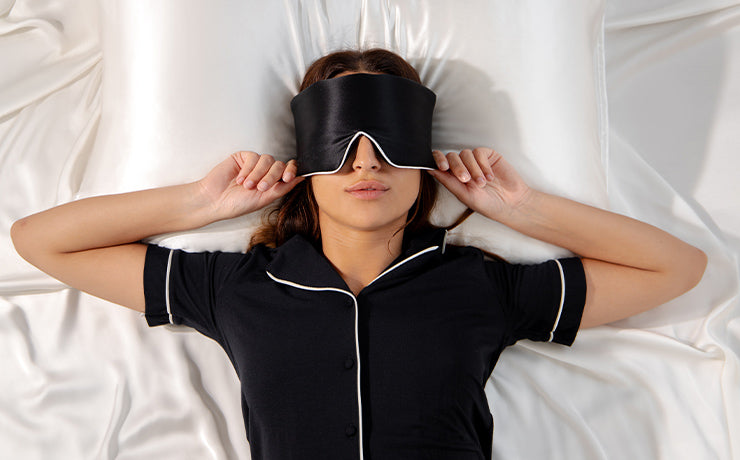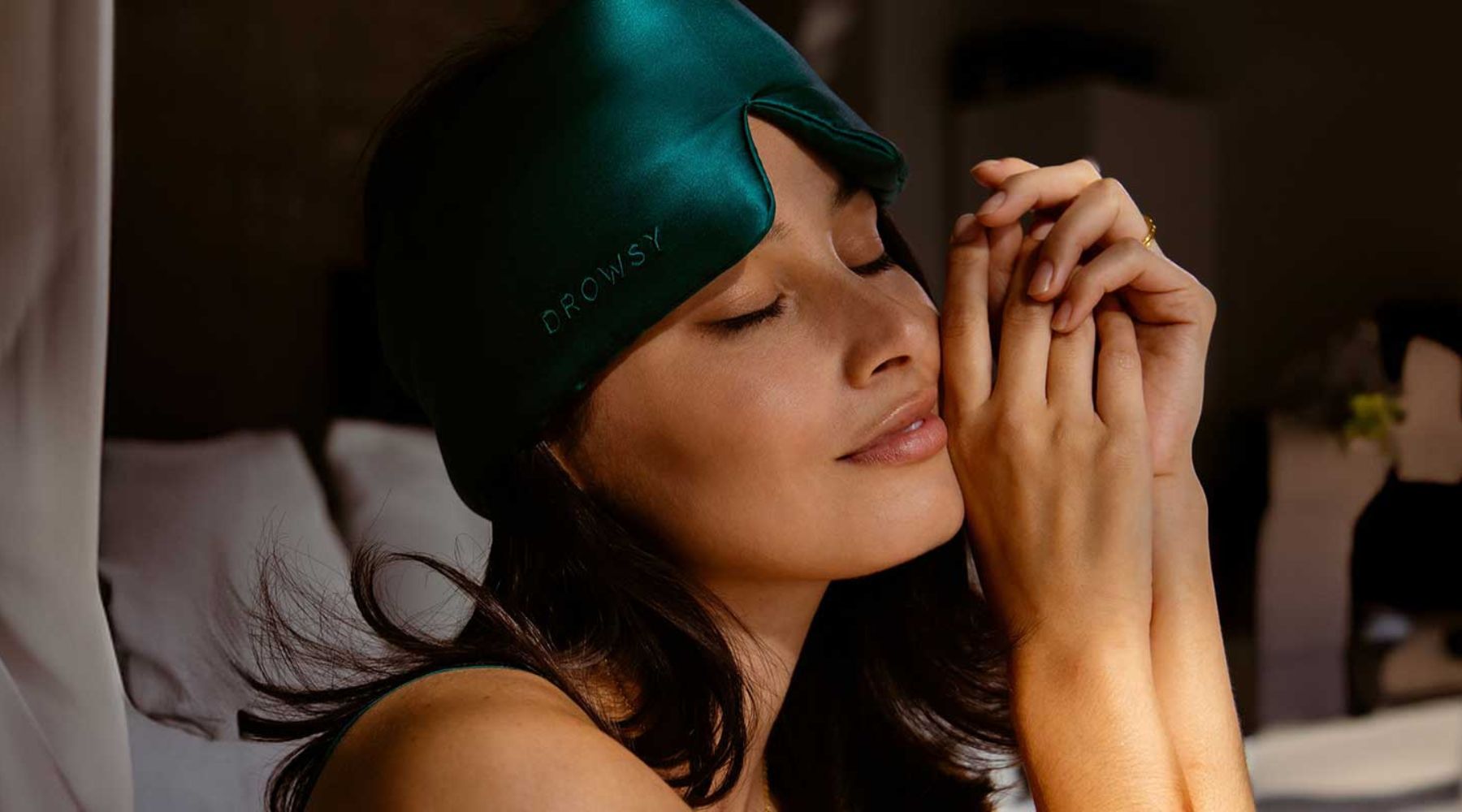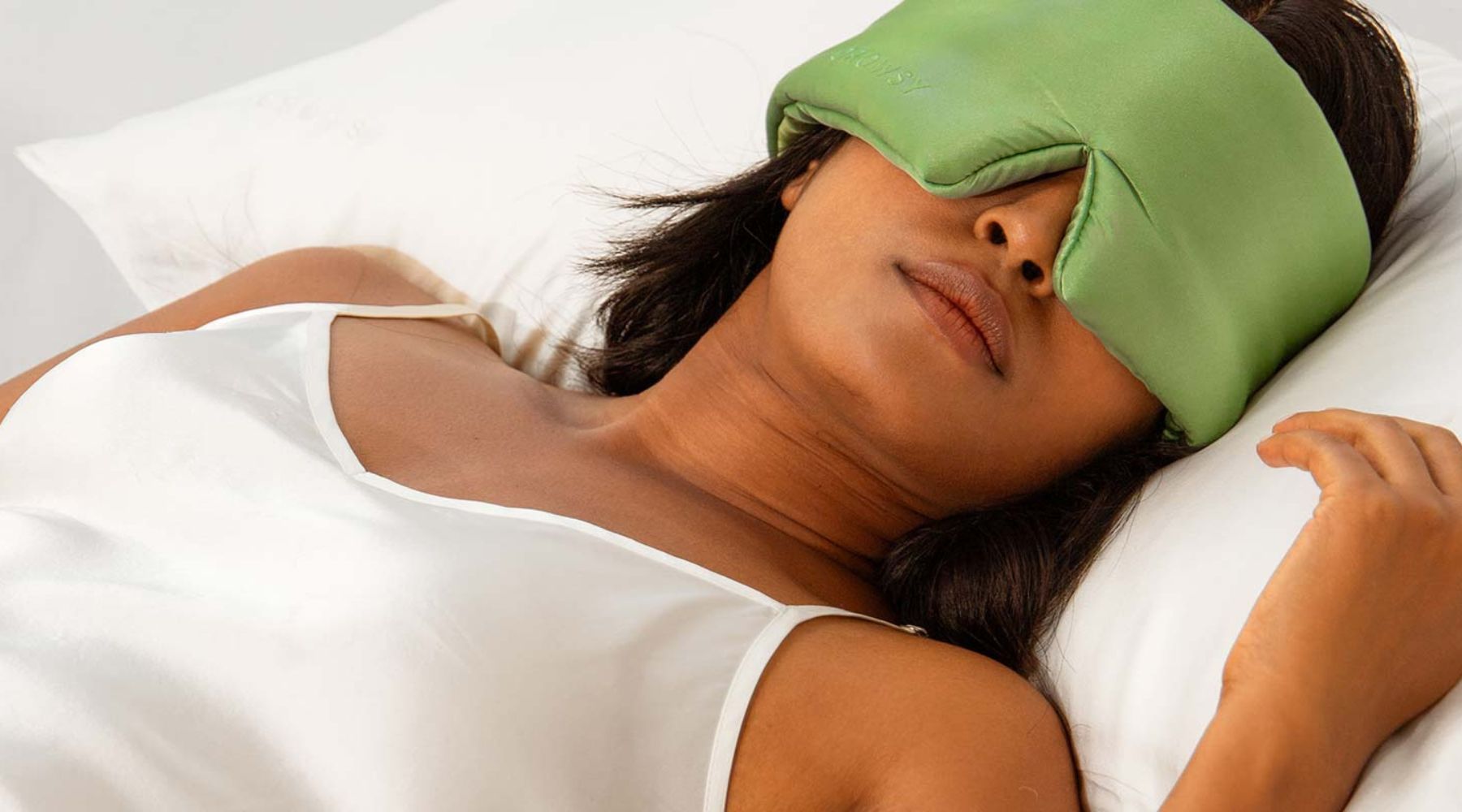Explaining hypnic jerks: why do we twitch before falling asleep
You're in bed, easing into sleep, when suddenly your entire body jolts awake like you just tripped off a sidewalk or fell from a cliff. It's startling, irritating, and perhaps even mildly shameful if someone else sees it. But fear not, you're not alone—this weird phenomenon is known as a hypnic jerk, and nearly everyone experiences it at some point.
But why does it happen? Is it a sign of something serious or just another quirk of the human body? Let's explore the science behind hypnic jerks, why they occur, and if there's anything you can do about them.
What exactly is a hypnic jerk?
A hypnic jerk (sometimes called hypnagogic jerk or sleep start) is an involuntary muscle contraction that occurs when you fall asleep. It feels like a sudden twitch and often affects your legs, arms, or whole body. Some people feel it as a jolt, while others may feel a fleeting sensation of falling.
These jerks can range from barely noticeable to strong enough to wake you up completely. Sometimes, they're accompanied by a dream-like hallucination, like tripping or being startled by a loud noise, which can make the experience even stranger.
But don't panic! Hypnic jerks are totally normal and usually not a sign of anything serious. They're just a part of the transition from wakefulness to sleep.

Why do hypnic jerks happen?
Scientists don't know exactly why we experience hypnic jerks, but there are a few solid theories:
1. Brain miscommunication
As your body prepares to sleep, your brain begins to shut stuff down—your breathing slows, your muscles relax, and your heart rate drops. But sometimes, the nervous system gets a little confused and sends a signal to move when it should be winding down. This creates a hypnic jerk, sort of like a last-minute "check-in" before total relaxation.
2. Evolutionary instinct
Some researchers believe hypnic jerks are a leftover survival mechanism from the days in which our ancestors lived in trees. The theory is that early humans (or primates before them) needed some sort of restraint to keep themselves from falling out of trees while sleeping. The twitch could act as a last test—if they weren't in a secure, stable position, the jerk would wake them up just in time.
3. A response to falling asleep too quickly
If you've ever suddenly fallen asleep after an exhausting day, you may have noticed hypnic jerks occurring more often. Some scientists believe this is because your brain misreads the quick transition into sleep as something dangerous—like your body shutting down too fast. In response, it sends a jolt to get you alert and make sure everything's okay.
4. Stress and anxiety disorders
If you've had a very stressful day or your mind is racing as you try to sleep, you may experience more frequent hypnic jerks. Anxiety can leave your brain in a hyper-alert state, making it more likely to trigger hypnic jerks.
5. Stimulants and sleep disruptors
Drinking caffeine too late in the day, smoking, or even intense exercise before bed can all increase the chances of involuntary muscle twitches. These stimulants keep your nervous system on high alert, leading to sleep deprivation and more sleep jerks.
Are hypnic jerks dangerous?
Fortunately, hypnic jerks are harmless and of no concern in most instances. However, if sleep starts occur too often (multiple times a night, every night) or are accompanied by other symptoms like severe insomnia, trouble breathing, or unusual movements, it might be wise to check with a doctor. In rare cases, frequent sleep twitches could be linked to sleep disorders or neurological conditions.

How to reduce involuntary muscle movement
If hypnic jerks are frequently interrupting your sleep, there are a few things you can try to minimize them:
-
Relax before bed: To calm your nervous system, try deep breathing exercises, meditation, or reading a book before bed.
-
Cut back on caffeine and stimulants: Avoid coffee, energy drinks, or nicotine in the evening.
-
Reduce screen time: The blue light from phones and computer screens can disrupt your sleep-wake transitions and increase the likelihood of jerking movements.
-
Maintain a bedtime routine: Going to bed and waking up at the same time each day can improve your sleep quality.
-
Check your exercise: Working out too close to bedtime may cause your body to become too wired up. Exercise earlier in the day.
Reducing muscle jerks for better sleep
Hypnic jerks can be startling, but they're a completely normal part of the sleep process. However, if they're affecting your sleep quality or happening frequently, small adjustments to your bedtime routine could help.
For deeper rest, focus on creating a calm, distraction-free sleep environment. A consistent routine and a dark bedroom before bed can all contribute to better sleep. Everyone's sleep is different. Experiment and see what helps you feel most at ease when winding down.






